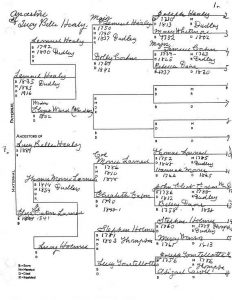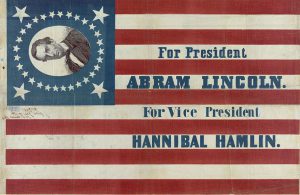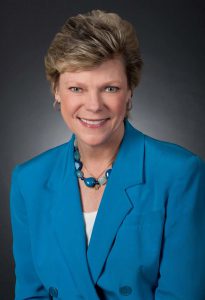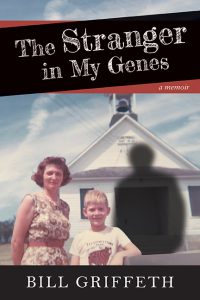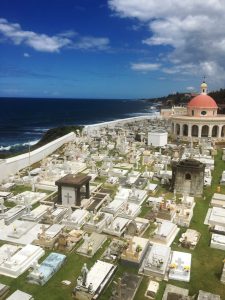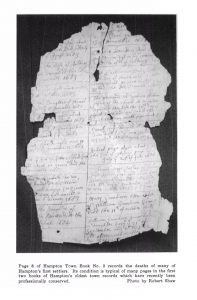 This past week we held our annual Volunteer Luncheon, thanking all the volunteers at NEHGS for the prodigious amount of work they do to help our Society. Here on the database team, we have many volunteers who help scan and index the original material from which we create our databases. We want to highlight some of the databases that we have re-released lately and the volunteers who have made this possible.
This past week we held our annual Volunteer Luncheon, thanking all the volunteers at NEHGS for the prodigious amount of work they do to help our Society. Here on the database team, we have many volunteers who help scan and index the original material from which we create our databases. We want to highlight some of the databases that we have re-released lately and the volunteers who have made this possible.
Why do we “re-release” our databases? Many of our databases are fully searchable throughout seven categories: first name, last name, year, record type, parents’ names, spouses’ names, and location. However, some of our older collections are not indexed with all of that information. Continue reading Thankful for our volunteers

